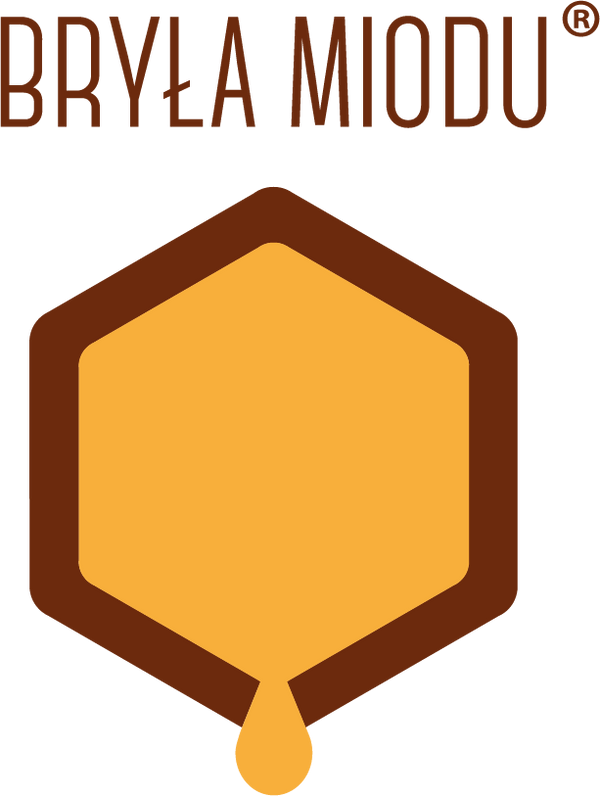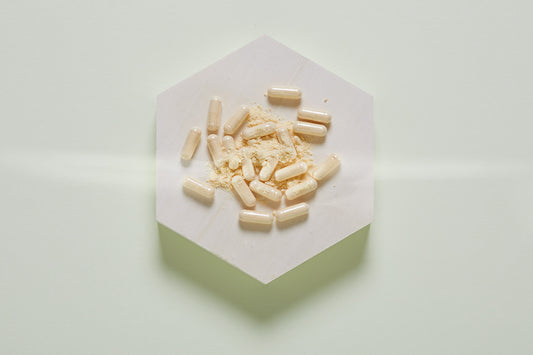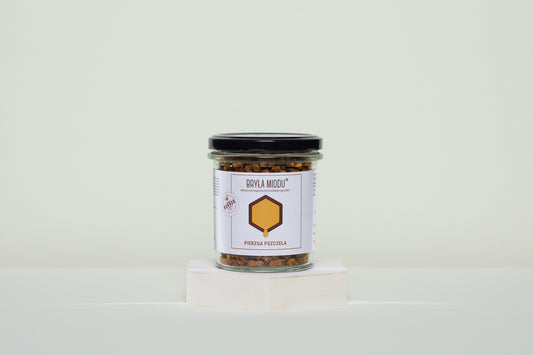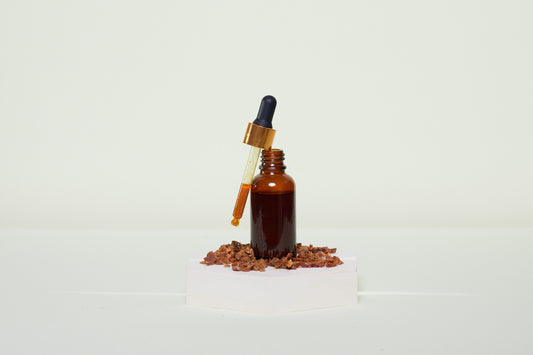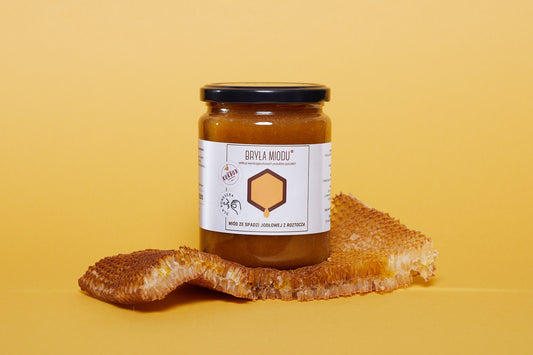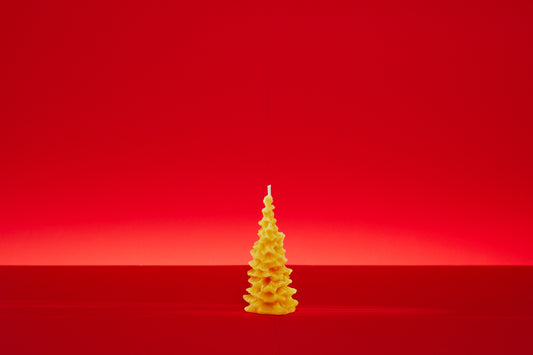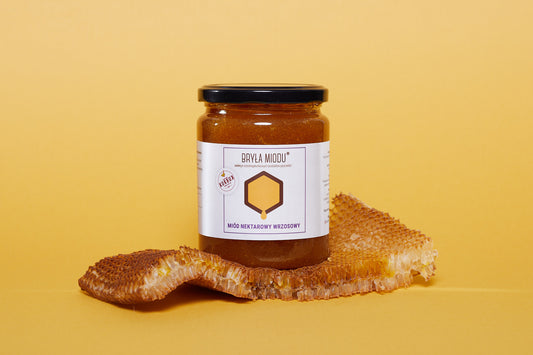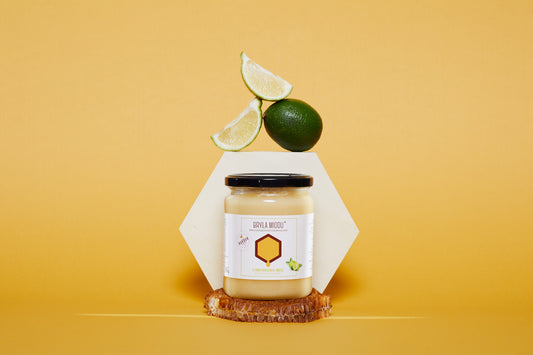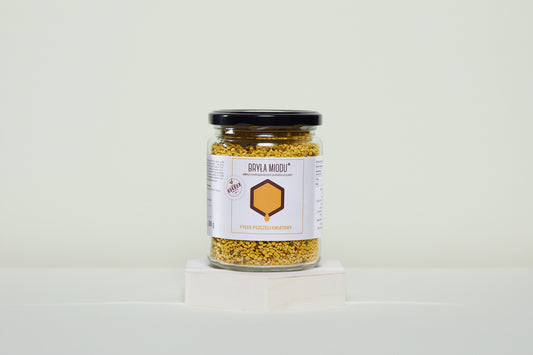The upcoming spring is a wonderful time for most of us. We are looking forward to longer and warmer days. However, there are people for whom this is a difficult time because nature comes to life and plants blooming at this time cause allergies . Allergies are accompanied by a stuffy nose , red and sore eyes . How to deal with allergic rhinitis and conjunctivitis ?
Spring-blooming grass, mugwort, birch and other plants whose pollen irritates our nose and eyes circulate in the air almost everywhere. While you can limit going to the forest or park during this time, it is impossible to completely avoid allergens . However, you can prepare for this difficult period.
Apiterpia recommends a treatment that prepares the body to minimize the effects of plant pollen. One of the bee products produced by bees is bee pollen. This superfood in the diet of the bee family is a source of rich protein necessary for the proper development of the bee family. When introduced into the human diet, it becomes a source of natural vitamins . It turns out that bee pollen is very effective in combating spring allergies.

Bee pollen for spring allergies.
Combating spring allergies with bee pollen is possible with the implementation of treatment. I will try to explain how pollen works in this matter as simply as possible:
When flying for flower pollen, the bee combines it with its enzymes while returning to the hive, thus turning the flower pollen into bee pollen . By taking bee pollen, we (to some extent) treat ourselves with what causes allergies. Well, bee pollen acts on our body like a vaccine , immunizing an allergic person to the allergen (pollen and others).
Desensitization treatment with bee pollen
The treatment should last from 1.5 months to 3 months . It should be started before flowering, i.e. in the middle of winter. And although the highest pollen concentration is in May, surprisingly they can already appear at the end of February.
Use:
- Adults from 25g-40g twice a day (morning and evening).
Treatment notes: The pollen should be consumed 15 minutes before a meal (preferably on an empty stomach). The evening dose should not be taken just before falling asleep. For better absorption of vitamins and valuable ingredients contained in the pollen, it should be soaked beforehand. Just like with honey, I do not recommend using hot water, only slightly warm water. While in preventive treatment, apitherapy recommends eating bee pollen once a day, always on an empty stomach, when supporting a specific treatment (in this case, spring allergy), it allows taking pollen after a meal.
Personally, I think it's an individual matter. I cannot drink both bee bread and pollen on an empty stomach due to the very specific straw taste. I noticed that when I drink pollen after a meal, I do not feel the slight stomach pain that always appeared when consuming it on an empty stomach.
Bon appetit and health :-)
